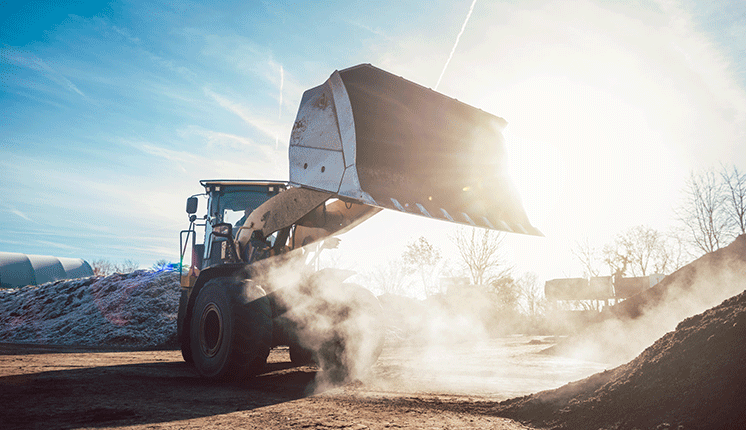
On September 23, the California Air Resources Board (CARB) released proposed regulations updating its existing Landfill Methane Regulation (LRM). The release begins the formal regulatory process. Written comments must be submitted by November 10th and CARB will hold a hearing on the proposal on November 20, 2025.
The Notice of Public Hearing can be found here, the Initial Statement of Reasons here, and the Proposed Regulation here.
Originally adopted in 2010, the LMR was one of the state’s first efforts to reduce greenhouse gas emissions under Assembly Bill 32. The LMR requires landfills to install and operate landfill gas collection and control systems, with a few exceptions for very small facilities.
The proposed updates to the LMR are expected to improve methane control, monitoring, and detection to reduce emissions and facilitate the earlier detection and prevention of subsurface elevated temperature events.
CARB has summarized the major provisions of the regulation as follows:
- Methane emissions monitoring and repair actions:
- Require inspection and repair when operators are notified of a remotely-detected methane emission plume;
- Increase the stringency of landfill surface and component leak monitoring procedures, including increasing coverage by removing exemptions from monitoring, reducing corrective action timelines, and increasing frequency at certain landfills; and
- Establish a process to evaluate and approve emerging alternative technologies for leak detection, and require tools such as handheld or drone-mounted laser scanners to identify leaks in inaccessible areas that are currently excluded from monitoring.
- Improving GCCS operations:
- Require earlier installation and operation of gas collection infrastructure in areas of new waste deposition;
- Limit periods of GCCS downtime and mitigate emissions from unavoidable downtime;
- Expand wellhead monitoring parameters and analysis, and require response actions for out-of-range values or large changes in values;
- Require more frequent monitoring, analysis, and mitigation measures including cover improvement in areas with persistent leaks or other issues; and
- Better manage declining gas generation at closed landfills through clearer standards for requests and approvals to operate a GCCS semi-continuously or shut down a GCCS.
- Clarifying regulatory applicability, standardizing reporting, and other miscellaneous changes:
- Clarify responsibilities of third-party gas control system owners and operators;
- Reduce barriers to using continuous wellhead monitoring technologies by defining how regulatory thresholds apply to that data;
- Standardize, streamline, and digitize reporting to support compliance monitoring; and
- Miscellaneous clarifications, updates, and improvements to processes and enforceability.
CARB anticipates the new regulations will impose aggregate costs of roughly $6 million annually on landfills owned/operated by local governments. CARB indicates that there are 188 landfills subject to the LMR, of which 153 must operate gas collection systems. 140 landfills are owned/operated by government entities – 106 of which must operate gas collection systems. CARB has indicated that these costs are not reimbursable state mandates.
RCRC is in the process of reviewing the proposed regulations and will provide periodic updates. For more information, contact RCRC Senior Policy Advocate, John Kennedy.
